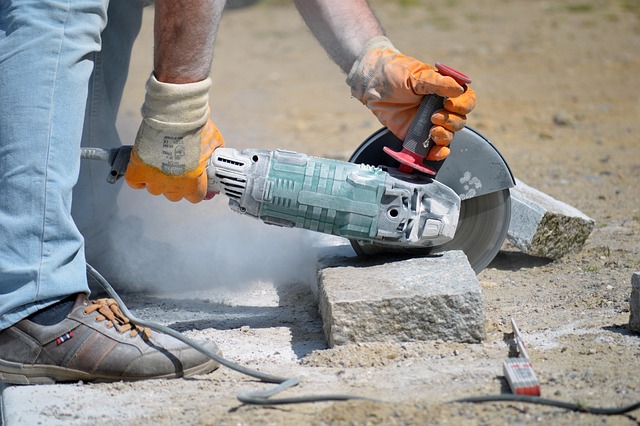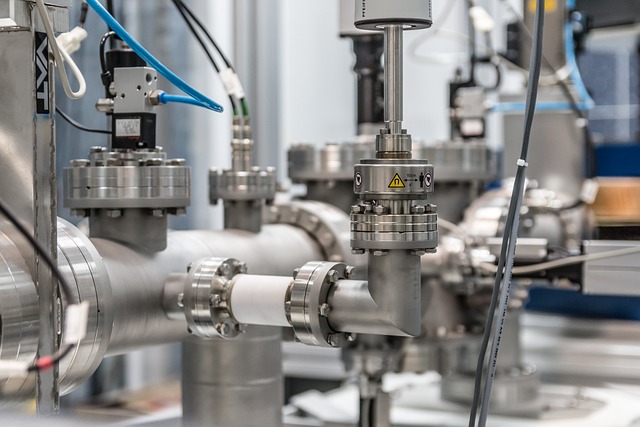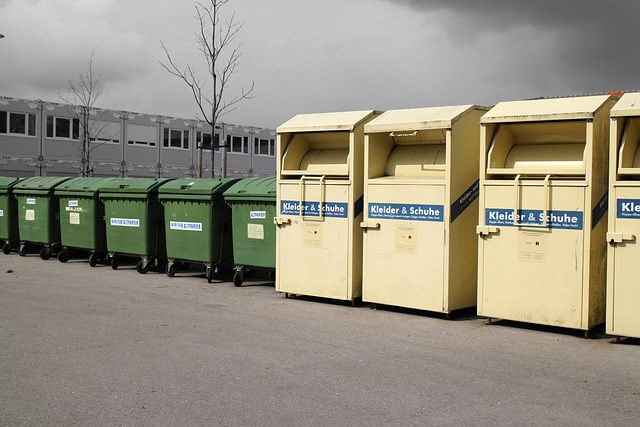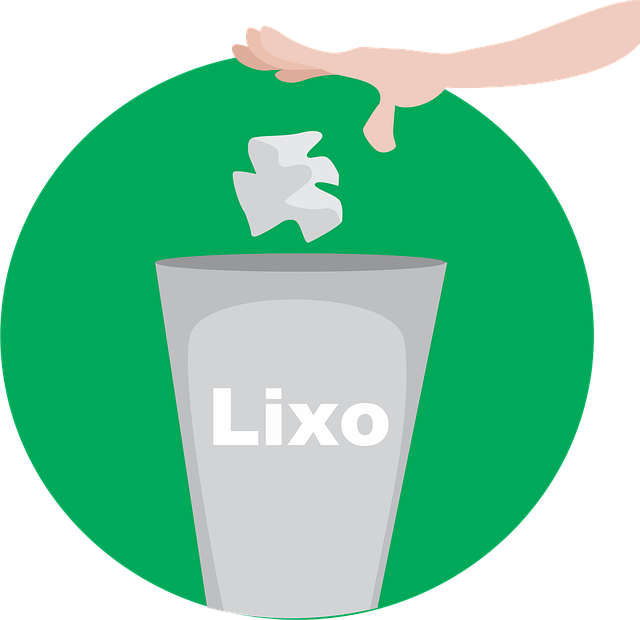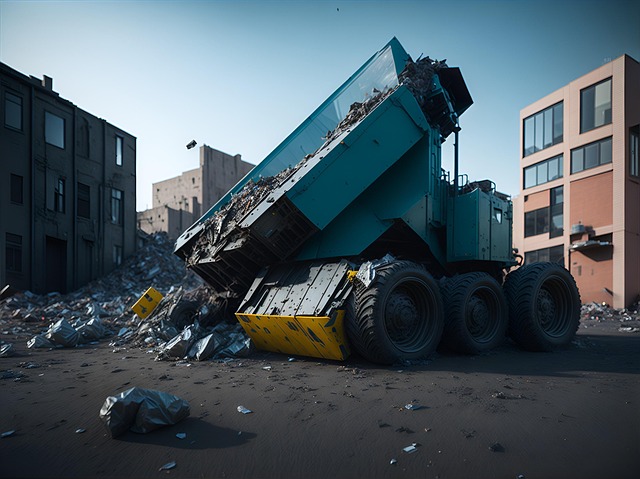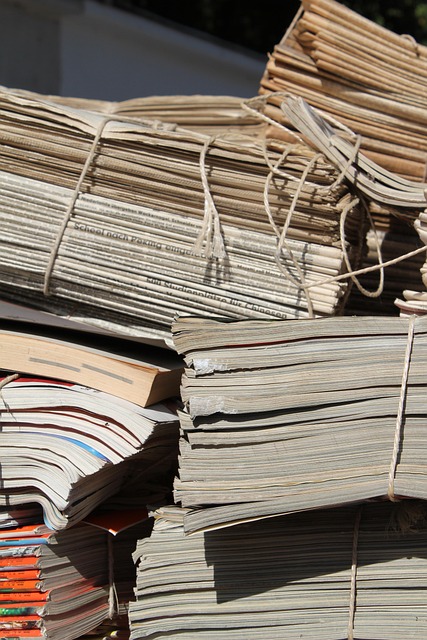In New York City and Boston, rapid digital transformation has led to a surge in electronic waste (e-waste). Both cities are actively addressing this challenge through innovative Boston NY e-waste recycling solutions. NYC promotes responsible IT asset disposition while Boston encourages startups to adopt sustainable practices. Their initiatives involve strict regulations, specialized packaging protocols, and efficient shipping routes for safe cross-state transportation of e-waste. Boston, known for its environmental consciousness, leads in e-waste management with drop-off points and collection events, setting a national benchmark. The exchange of e-waste between NYC and Boston promotes resource recovery, reduces landfill waste, and contributes to a greener future, driven by economic opportunities in the circular economy.
New York City and Boston, two bustling metropolitan areas, face a common challenge: managing the growing volume of electronic waste (e-waste). This article explores the complex journey of e-waste transportation between these cities, delving into regulatory frameworks, safety concerns, and environmental benefits. We analyze the current landscape of e-waste recycling in Boston and discuss the economic opportunities that cross-state e-waste transport could bring, highlighting the potential for enhanced sustainability and greener practices in both regions through effective collaboration.
- Understanding E-Waste: The Growing Issue in NYC and Boston
- Legal and Regulatory Framework for Cross-State E-Waste Transportation
- Challenges and Considerations for Safe and Efficient Shipping
- Exploring Boston's E-Waste Recycling Infrastructure
- Potential Environmental Benefits of NY to Boston E-Waste Transport
- Economic Implications and Business Opportunities in the Industry
Understanding E-Waste: The Growing Issue in NYC and Boston

In the bustling metropolises of New York City (NYC) and Boston, the rapid advancement of technology has led to a significant surge in electronic waste, or e-waste. This growing issue presents unique challenges for responsible disposal and recycling. NYC, with its tech-driven culture and large population, generates substantial amounts of e-waste annually, including outdated computers, smartphones, and other digital devices. Similarly, Boston, known for its thriving tech startups and businesses, contributes to the region’s increasing electronic waste stream.
As the amount of e-waste continues to rise, proper management becomes imperative. Both cities are actively exploring solutions to enhance their Boston NY e-waste recycling efforts. In NYC, initiatives focus on encouraging responsible IT asset disposition among residents and businesses. Meanwhile, Boston is promoting sustainable practices among startups, ensuring that their growth in the tech sector does not come at the cost of environmental harm. Effective boston IT asset disposition strategies not only contribute to reducing e-waste but also enable valuable materials to be recovered and reused, fostering a more circular economy for both cities.
Legal and Regulatory Framework for Cross-State E-Waste Transportation

The legal and regulatory framework governing cross-state e-waste transportation is a complex web designed to ensure responsible disposal and recycling practices. When sending e-waste from New York City (NYC) to Boston for recycling, it’s crucial to adhere to both federal and state regulations. The Environmental Protection Agency (EPA) sets national guidelines for the management of electronic waste, including requirements for proper handling, transport, and treatment. In addition to these federal rules, each state has its own specific laws and permits that must be obtained before engaging in e-waste transportation.
In NYC, the focus is often on initiatives like nyc small business electronics recycling and manhattan office equipment recycling to promote sustainable disposal options within the city limits. Similarly, Boston implements strict measures for boston office equipment salvage, ensuring that electronic waste is handled and recycled in an environmentally responsible manner. These local programs complement broader efforts to streamline cross-state e-waste transportation while upholding the highest standards of safety and ecological stewardship.
Challenges and Considerations for Safe and Efficient Shipping

The transportation of e-waste from New York City to Boston presents several challenges and considerations for safe and efficient shipping. With stringent environmental regulations in both cities, ensuring proper handling and disposal is paramount. E-waste, containing hazardous materials like lead, mercury, and cadmium, requires specialized care to prevent ecological and public health risks. Companies involved in this process must adhere to strict protocols for packaging, labeling, and documentation to meet regulatory standards, such as those set by the Environmental Protection Agency (EPA).
Another crucial aspect is selecting reliable carriers who specialize in electronic waste transportation. Boston’s local e-recycling businesses and Manhattan’s secure data destruction services offer expertise in managing sensitive materials, ensuring they reach their destinations intact and in compliance with state-of-the-art sustainable electronics disposal methods. Efficient shipping routes and timely deliveries are essential to maintaining a seamless recycling process, promoting a circular economy, and contributing to Boston’s efforts in sustainable electronic waste management.
Exploring Boston's E-Waste Recycling Infrastructure

Boston, a city known for its rich history and innovation, boasts an advanced e-waste recycling infrastructure that is transforming the way electronic waste is managed. The city’s commitment to green IT disposal solutions has led to the development of numerous sustainable tech disposal programs, ensuring that old electronics from across Manhattan and NYC are given new life.
With a focus on reducing environmental impact, Boston offers various drop-off locations and collection events for recycling electronics. These initiatives not only facilitate responsible e-waste management but also create opportunities for data security and resource recovery. By partnering with specialized facilities, Boston continues to set an example for sustainable tech disposal across the nation.
Potential Environmental Benefits of NY to Boston E-Waste Transport

The transportation of e-waste from New York City to Boston offers significant environmental advantages, contributing to a greener future for both cities and their surrounding regions. By facilitating efficient e-waste recycling, this process helps reduce the negative impacts associated with improper disposal. In NYC, where bustling manhattan e-waste collection events are common, countless electronic devices can be diverted from landfills, preventing toxic substances like lead, mercury, and cadmium from contaminating soil and water bodies.
Boston, known for its robust cell phone recycling centers and computer recycling services in the Boston area, stands to gain further by welcoming these streams of e-waste. Proper recycling ensures that valuable materials, such as precious metals, plastics, and glass, are extracted and reused, reducing the demand for primary resources. This sustainable approach not only minimizes environmental degradation but also fosters a circular economy, where resources are continually repurposed and revitalized.
Economic Implications and Business Opportunities in the Industry

The economic landscape surrounding Boston and New York City’s e-waste recycling industry is dynamic and filled with opportunities, particularly for local businesses. The growing demand for responsible electronic waste management presents a significant market potential, especially as both cities are hubs for technology, education, and innovation. Many small businesses in NYC have already recognized this opportunity, offering specialized services in electronics recycling, ensuring proper disposal, and upcycling of e-waste. This not only contributes to environmental sustainability but also creates a steady revenue stream.
Boston’s local e-recycling businesses cater to a diverse range of clients, from individual residents looking to responsibly dispose of old devices to schools and large enterprises seeking secure data destruction and hardware retirement. With the proper infrastructure in place, these businesses can capitalize on the increasing demand for green technologies, offering eco-friendly alternatives that are cost-effective. By embracing sustainable practices, Boston’s e-recycling companies can foster a circular economy, reduce environmental impact, and contribute to a thriving local ecosystem, while also meeting the growing need for responsible e-waste management in both cities.
The transport of e-waste from New York City to Boston presents a promising solution to address the escalating e-waste management challenge in both urban centers. By understanding the legal framework, recognizing the environmental and economic benefits, and overcoming logistical hurdles, this cross-state initiative has the potential to revolutionize Boston NY e-waste recycling. With proper regulations and collaborative efforts, it can foster sustainable practices, create new business opportunities, and contribute to a cleaner, more eco-friendly future for both cities.




